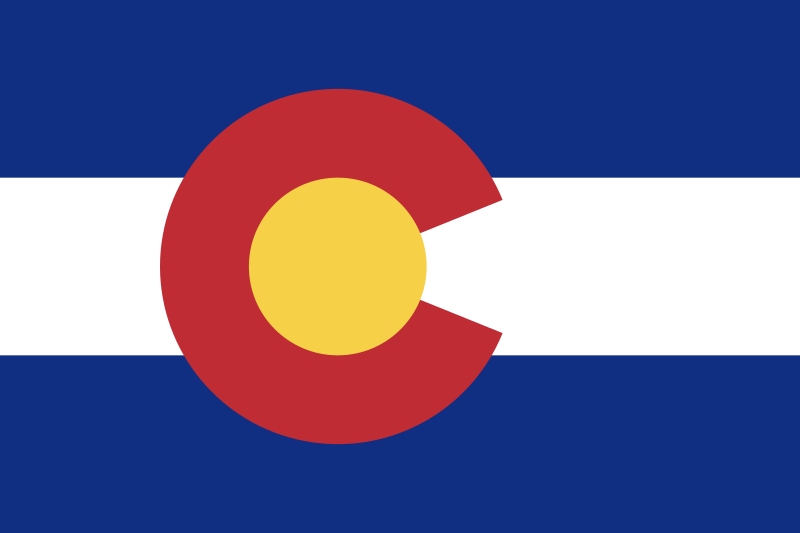On June 17, Colorado Governor Jared Polis signed Senate Bill 260, thereby removing a bond issue that was set to appear on the state's 2021 general election ballot.
The Colorado State Legislature passed Senate Bill 260 on June 2, 2021. It included a provision to remove the bond issue that was set to appear on the 2021 ballot. The bill was passed largely along party lines with Democrats in favor and Republicans opposed.
The bond measure was designed to issue $1.337 billion in bonds to fund statewide transportation projects with a maximum repayment cost of $1.865 billion over 20 years. The measure was originally passed in the state legislature as Senate Bill 1 in 2018. It was placed on the 2019 ballot after two 2018 citizen initiatives designed to authorize bonds for transportation projects—Proposition 109 (“Fix Our Damn Roads”) and Proposition 110 (“Let’s Go Colorado”)—were defeated.
In 2019, the measure was delayed to the 2020 ballot. Legislators had concerns that the bond issue appearing on the 2019 ballot alongside Proposition CC, which was designed to allow the state to retain revenue for transportation purposes, could cause both measures to fail. In 2020, the measure was delayed again to the 2021 ballot due to the economic concerns surrounding the Coronavirus pandemic.
The new transportation bill provides for $5.4 billion in transportation spending over 10 years. About $3.8 billion of the funds will come from new fees set to take effect in July 2022, including fees on gasoline and diesel purchases, retail deliveries, Uber and Lyft rides, electric vehicle registrations, and car rentals.
The bill was also designed to create four new state enterprises: the Nonattainment Area Air Pollution Mitigation Enterprise, the Clean Transit Enterprise, the Clean Fleet Enterprise, and the Community Access Enterprise.
Enterprises were established through the Colorado Taxpayer’s Bill of Rights (TABOR) amendment of 1992. Enterprises are government-owned businesses that provide goods or services for a fee or surcharge that is paid for by the individuals or entities that are purchasing the goods or services. This is in contrast to government agencies or programs that provide goods or services that are paid for by tax revenue. Enterprise revenue does not count toward the TABOR limit. TABOR limits the amount of money the state of Colorado can take in and spend. Any money collected above the TABOR limit is refunded to taxpayers unless the voters allow the state to spend it.
Proposition 117 of 2020, which was approved by voters, was designed to require statewide voter approval of new state enterprises if the enterprises’ projected or actual revenue from fees and surcharges is greater than $100 million within their first five years. Under Proposition 117, revenue collected for enterprises that were created at the same time or that serve substantially the same purpose is aggregated when calculating the application of this restriction. The four enterprises are expected to collect below the $100 million five-year limit.


